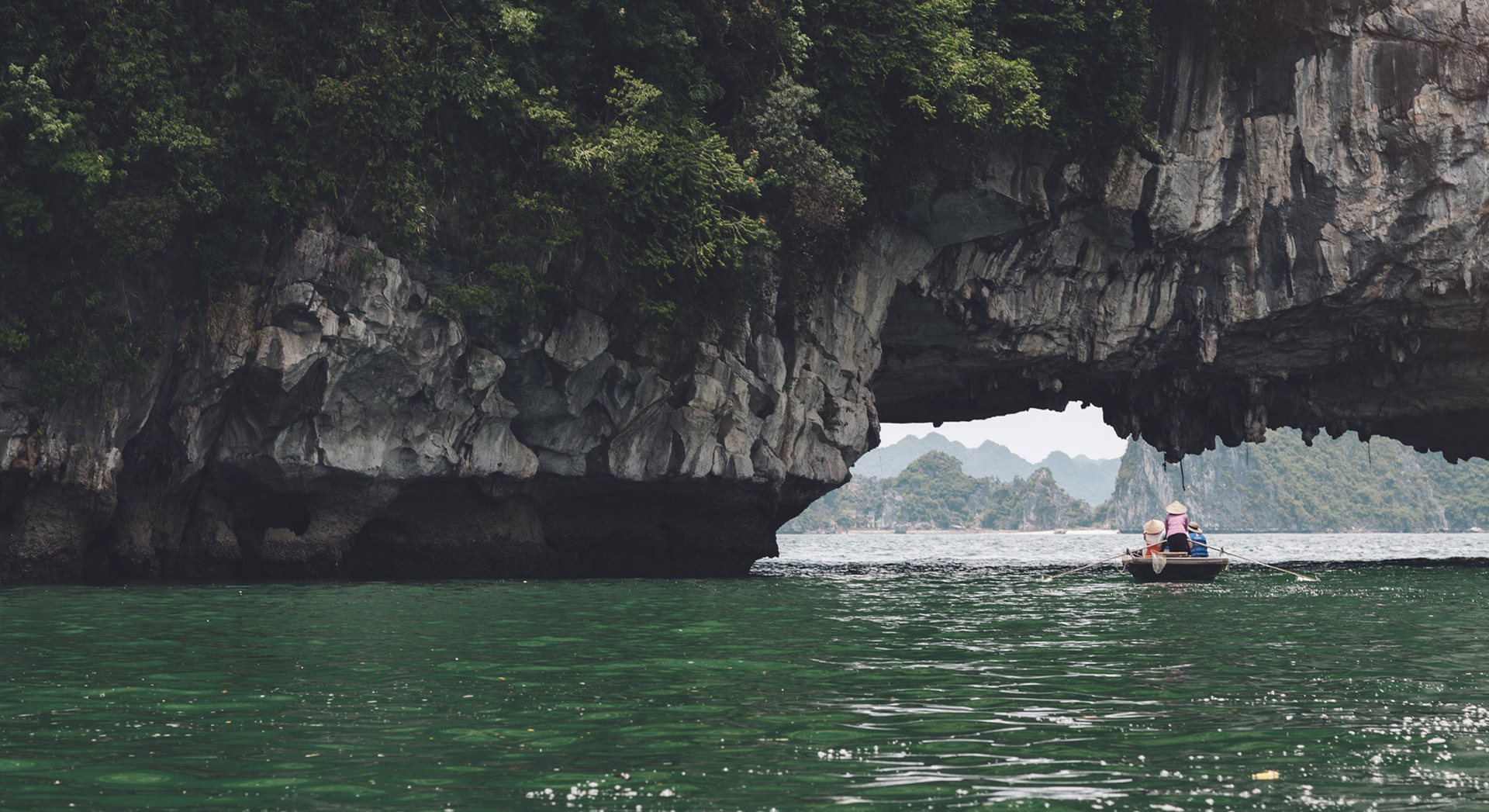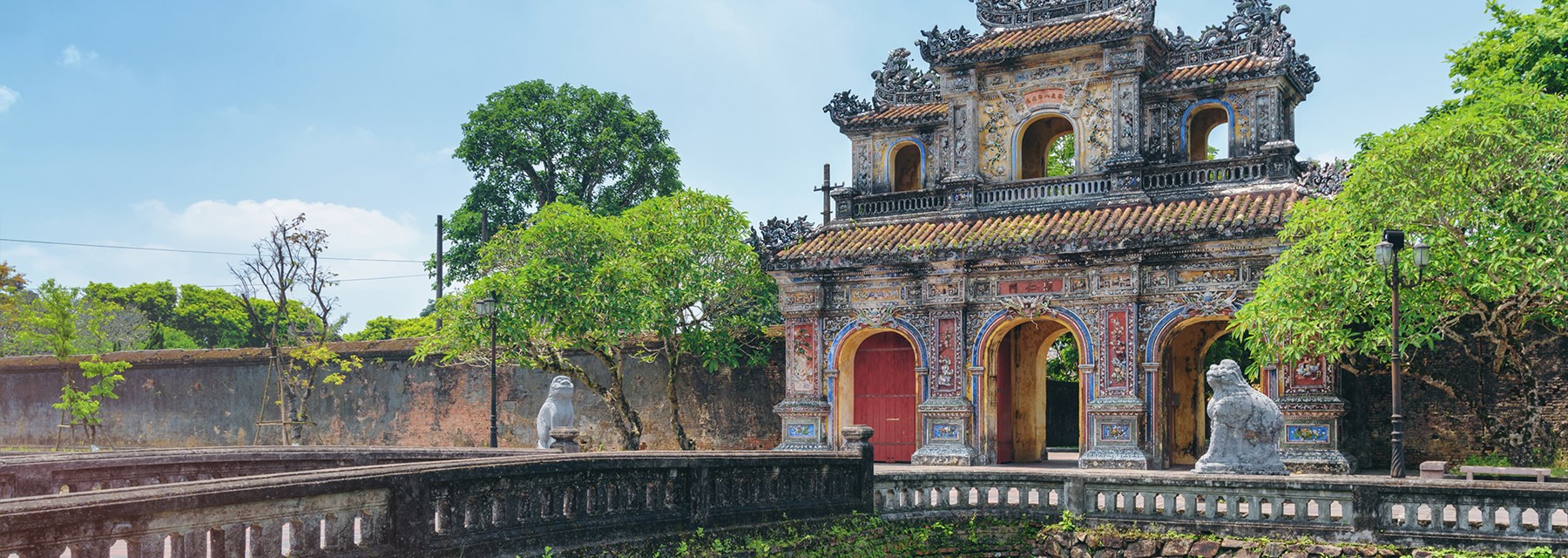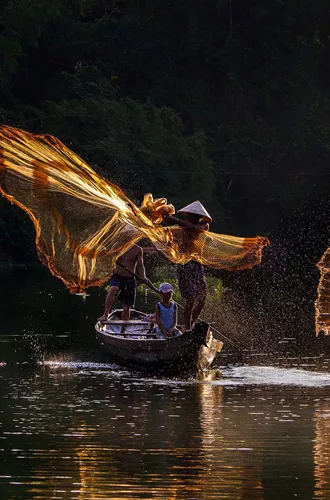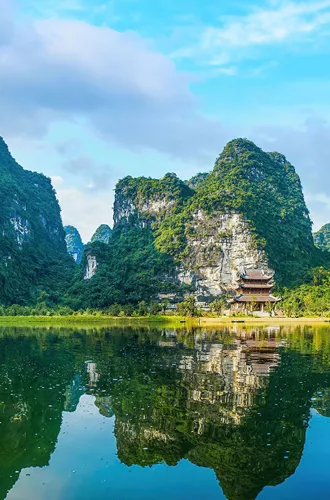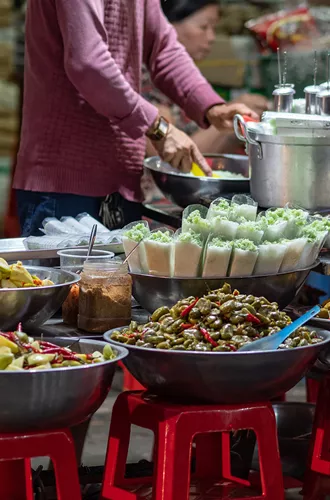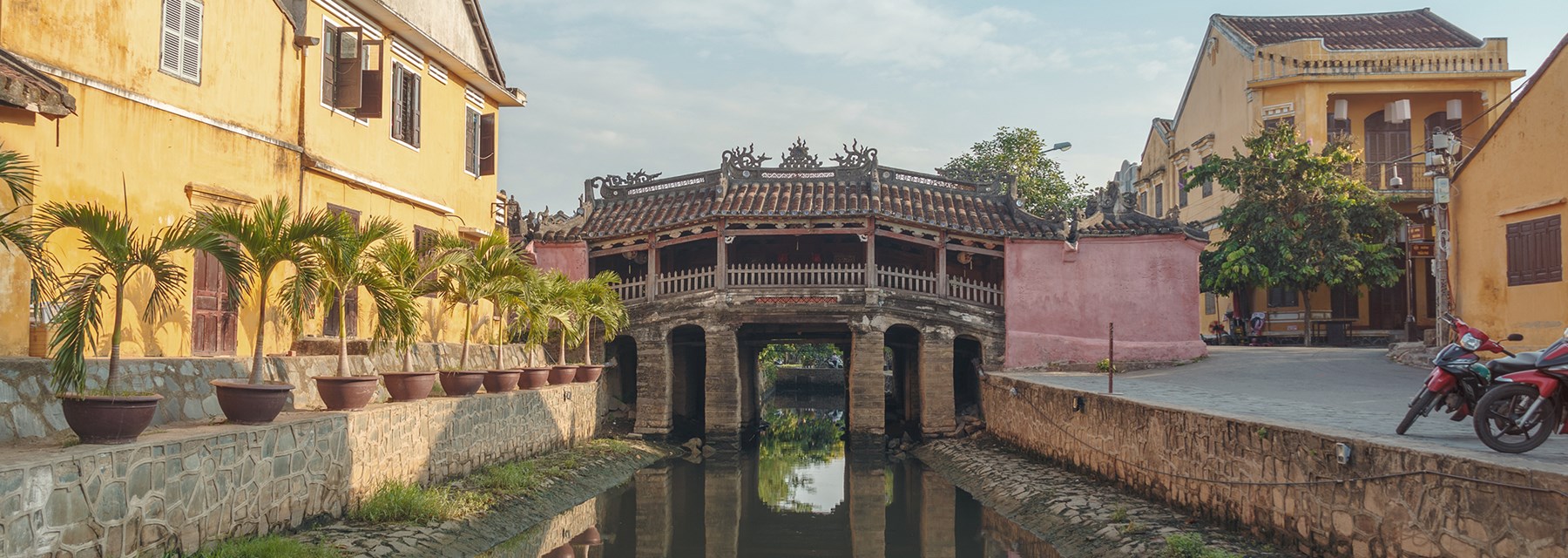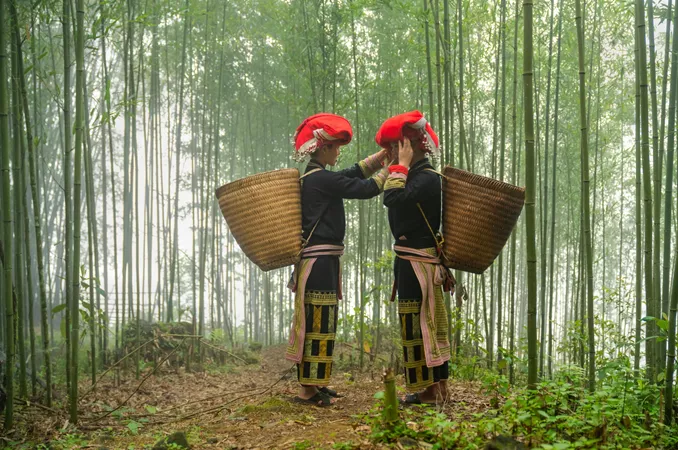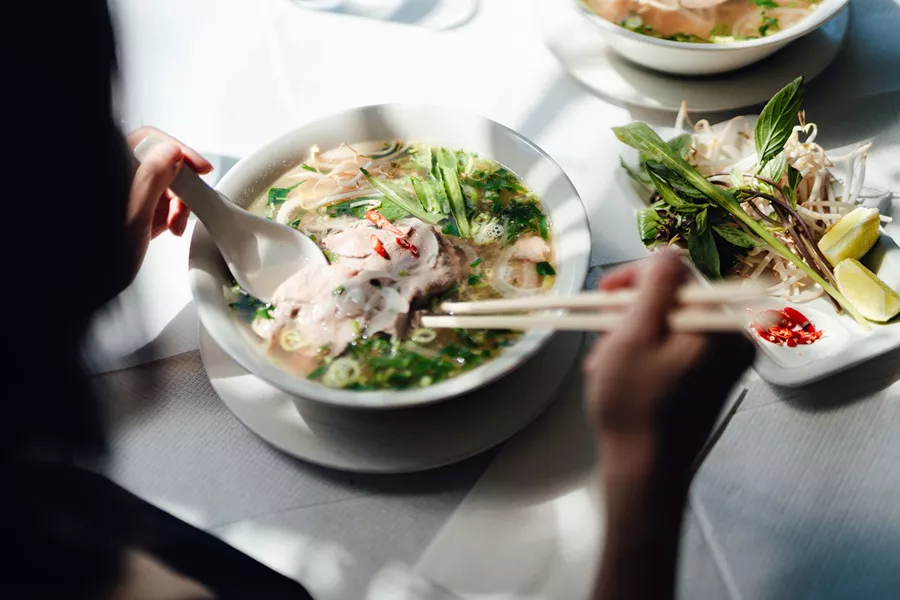Country Code for Vietnam: +84
Official Travel advice visit:
Vietnam Travel Advice & Safety | Smartraveller (Australia)
Viet Nam | SafeTravel | New Zealand (New Zealand)
Ambulance: 115 Fire: 114 Police: 113
Australian Embassy, Hanoi
8 Dao Tan Street, Ba Dinh District, Hanoi, Vietnam
Phone: (+84 24) 3774 0100
Website: vietnam.embassy.gov.au
Australian Consulate-General, Ho Chi Minh City
20th Floor, Vincom Centre, 47 Ly Tu Trong Street, Ben Nghe Ward, District 1, Ho Chi Minh City, Vietnam
Phone: (+84 28) 3521 8100
Website: hcmc.vietnam.embassy.gov.au
New Zealand Embassy Hanoi
Level 5, 63 Ly Thai To Street, Ha Noi, Viet Nam
Telephone: +84 24 3824 1481
Email: nzembassy.hanoi@mft.net.nz
New Zealand Consulate-General Ho Chi Minh City
Suite 804, Level 8, The Metropolitan, 235 Dong Khoi Street, District 1, Ho Chi Minh City, Viet Nam
Telephone: +84 901 80 7770

